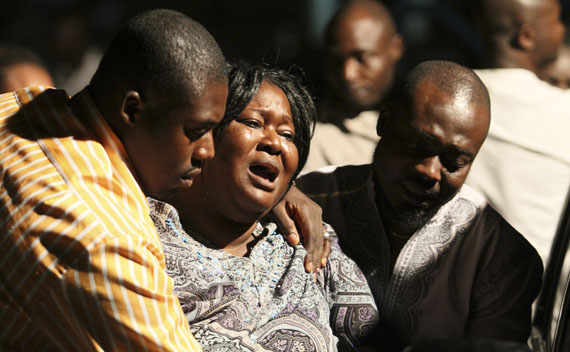New Year’s Eve Abuja Bombings Tweeted
More on:

Two bomb attacks on New Year’s Eve in Abuja have caused significant loss of life, recalling the car bomb detonations on October 1, Nigeria’s fiftieth anniversary of independence. Which group is responsible for the New Year’s Eve atrocity is not clear. A spokesman for the Movement for the Emancipation of the Niger Delta (MEND) has denied responsibility, but there are other Delta groups capable of the operation. There is also speculation that the attack was carried out by Boko Haram, a militant Islamic sect that has claimed responsibility for attacks on Christians in the North. Whoever is responsible, the October 1 and New Year’s Eve attacks demonstrate the breakdown of security in Abuja.
My research associate, Asch Harwood, first got word of the New Year’s Eve attacks in New York via Twitter, which carried extensive details and eye-witness accounts long before any of the news services.
If we could receive the news in virtual real time, so too could the rest of Nigeria. This immediacy may amplify the growing sense of insecurity among the general population.
More on:
 Online Store
Online Store